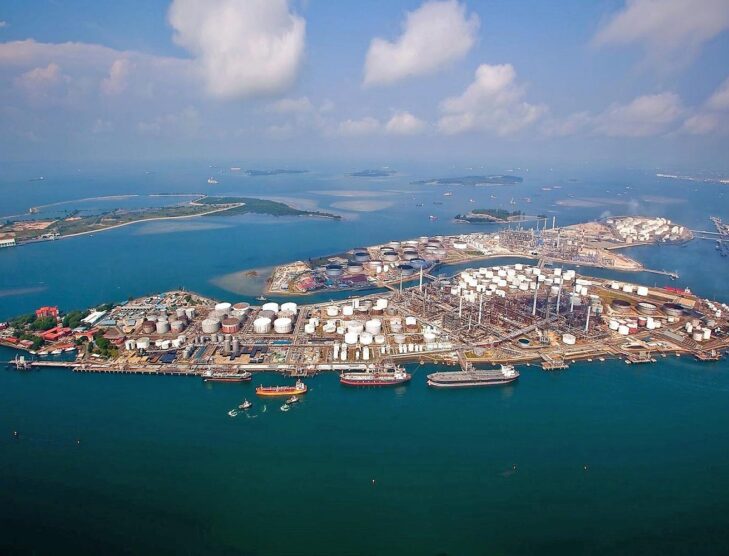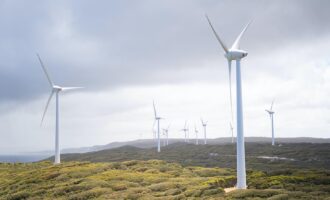
Shell shortlists potential buyers for Singapore refinery
Shell has shortlisted at least four companies, including China National Offshore Oil Corp. (CNOOC) and global energy and commodity trader Vitol Group, as potential buyers for its Singapore refinery assets, according to a Reuters report. The list also includes Chinese chemical producers Eversun Holdings and Befar Group.
In November 2020, Shell announced that it will transform its oil refining portfolio from the current 14 sites into six high-value energy and chemical parks by 2025. These six sites included Pulau Bukom, Singapore, which will pivot from a crude-oil, fuels-based product slate towards new, low-carbon value chains.
In April 2023, Shell announced that it had cancelled its plan to explore two projects—a biofuels unit and a Group II base oil plant in Singapore. Shell has announced its ambition to produce around 2 million tonnes of sustainable aviation fuels (SAF) a year by 2025 globally. To support this, Shell has outlined plans for a biofuels facility, subject to final investment decision, at the Shell Energy and Chemicals Park Singapore. The planned facility was to produce 550,000 tonnes of low-carbon fuels a year, including SAF.
Shell initiated a strategic review of its oil refinery and chemical assets in Singapore in June 2023 and engaged the services of investment bank Goldman Sachs to evaluate potential deal opportunities.
Details of the sale
The companies have been invited to submit formal bids by the end of February 2024, with Shell aiming to finalise the transaction by the end of 2024. The assets for sale include a 237,000 barrel-per-day oil refinery and a one million metric-ton-per-year ethylene plant. Shell initiated a strategic review of these assets in June 2023, with Goldman Sachs managing the potential sale.
Six sources, who requested anonymity due to the confidentiality of the deal, provided insights into the sale process. The exact value Shell seeks for the assets remains unclear. A Shell spokesperson stated that divestment is the company’s current priority, declining to provide details on the potential buyers or the timeline of the transaction.
Historical significance and market challenges
Shell’s Bukom facility, opened in 1961, was Singapore’s first oil refinery and once the company’s largest refining-petrochemical complex globally. The buyer will gain a significant foothold in Asia’s primary oil trading hub but will face competition from newer refineries and an expected rise in Singapore’s carbon tax in 2024.
Potential buyers’ interests
CNOOC, with a long-standing partnership with Shell in China, seeks to enhance its downstream portfolio and global trading. However, it faces internal scrutiny to add value to assets. For Vitol, the Bukom site could serve as an oil storage and distribution hub, offering operational flexibility. Vitol, with a record USD15 billion profit last year, has invested in oil refining capacity across various regions. Last month, Petrol Ofisi, which is owned by Vitol, purchased bp’s network of fuel stations across Türkiye, as well as its commercial and industrial fuel businesses. Eversun and Befar, the other shortlisted firms, are smaller and less experienced in international investments.









